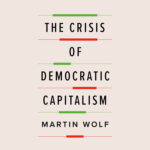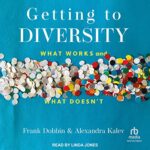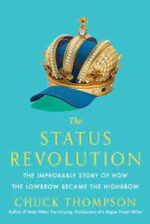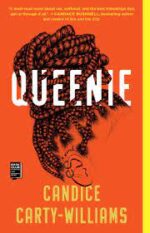Johnson at 10: The Inside Story
by Anthony Seldon & Raymond Newell The UK had Magaret Thatcher and Teresa May who held the ship steady for a few years. Tony Blair, an American ‘poodle’, David Cameron ex-PR, and more lately, Lis Trusk, here and gone in five minutes and of course, Boris Johnson, almost as unhinged as that bloke in the USA who was president before this current one. Across Australasia Paul Keating was one of the better leaders, and in Singapore Lee Kuan Yew. But back to Boris… After his dramatic rise to power in the summer of 2019 amid the Brexit deadlock, Boris Johnson presided over the most turbulent period of British history in living memory. Beginning with the controversial prorogation of Parliament in August and the historic landslide election victory later that year, Johnson was barely through the door of No. 10 when Britain was engulfed by a series of crises that will define its place in the world for decades to come. From the agonising upheaval of Brexit and the devastating Covid-19 pandemic to the nerve-shredding crisis in Afghanistan and the outbreak of war in Ukraine, Johnson’s government ultimately unravelled after just three years. This gripping behind-the-scenes work of contemporary history maps Johnson’s time in power from start to finish and sheds new light on the most divisive Prime Minister to have led the United Kingdom since Thatcher. Based on more than 200 interviews with key aides, allies and insiders, Johnson at 10 gives the first full account of Johnson’s premiership, the shockwaves of which are still felt today. There was utter chaos inside 10 Downing Street where Johnson took huge risks with the truth and malleable principles. His ineptness performing the basic functions are here for all to see. -Doug Green, Publisher, The Mirror www.themirrorinspires.com










